Researchers have developed a variety of wheat with strong rain-resistant properties using gene-editing technology.
In a study published in Cell Reports, researchers from the National Agriculture and Food Research Organization (NARO) and Okayama University used CRISPR-Cas9 to drastically reduce grain sprouting in simulated wet conditions.
Researchers have said that genome editing helped them develop the new wheat variety in just about a year.
A development such as this could take up to 10 years using conventional plant-breeding techniques.

A mutant strain which showed promising characteristics was then crossed with a wild-type variety (Fielder).
Process
Using agrobacterium-mediated CRISPR-Cas9, the team developed wheat lines with dysfunctional Qsd1, which regulates seed dormancy or sprouting.
Eight transformed events were produced, and one mutant showed promising characteristics, which was then crossed with a wild-type variety (Fielder) to come up with a transgene-free mutant.
The resulting plants were watered for one week and only 20% to 30% sprouted, while almost all the ordinary wheat seeds exposed to the same conditions had sprouts.
Sprouting issues
The findings show that the technology could be used as a model for trait improvement in wheat.
However, the technology has the potential to develop sprout-resistant varieties for a range of crops grown here in Ireland, including barley, potatoes, beans and many more.
Sprouting was an issue this harvest in places due to wet, humid weather and affected both yields and quality.

Sprouted winter wheat this harvest.

Sprouted winter wheat this harvest.

Sprouted spring barley this harvest.
Ban
Mutagenesis-based gene-editing technology, known as new plant breeding techniques (NBT), are bound to existing GMO regulations, prohibiting their commercial use in the EU.
However, there have been growing calls from member states and the agricultural and scientific communities to update the current legislation to permit the use of NBTs in the EU.
Photos courtesy of Okayama University and the National Agriculture and Food Research Organisation
Read more
Big call for plant breeding techniques to be excluded from GMO law
Call to exclude gene editing from GMO legislation
Analysis: European ruling opens debate on new plant breeding techniques
GM crop production ban – is it good for Irish agriculture?
Researchers have developed a variety of wheat with strong rain-resistant properties using gene-editing technology.
In a study published in Cell Reports, researchers from the National Agriculture and Food Research Organization (NARO) and Okayama University used CRISPR-Cas9 to drastically reduce grain sprouting in simulated wet conditions.
Researchers have said that genome editing helped them develop the new wheat variety in just about a year.
A development such as this could take up to 10 years using conventional plant-breeding techniques.

A mutant strain which showed promising characteristics was then crossed with a wild-type variety (Fielder).
Process
Using agrobacterium-mediated CRISPR-Cas9, the team developed wheat lines with dysfunctional Qsd1, which regulates seed dormancy or sprouting.
Eight transformed events were produced, and one mutant showed promising characteristics, which was then crossed with a wild-type variety (Fielder) to come up with a transgene-free mutant.
The resulting plants were watered for one week and only 20% to 30% sprouted, while almost all the ordinary wheat seeds exposed to the same conditions had sprouts.
Sprouting issues
The findings show that the technology could be used as a model for trait improvement in wheat.
However, the technology has the potential to develop sprout-resistant varieties for a range of crops grown here in Ireland, including barley, potatoes, beans and many more.
Sprouting was an issue this harvest in places due to wet, humid weather and affected both yields and quality.

Sprouted winter wheat this harvest.

Sprouted winter wheat this harvest.

Sprouted spring barley this harvest.
Ban
Mutagenesis-based gene-editing technology, known as new plant breeding techniques (NBT), are bound to existing GMO regulations, prohibiting their commercial use in the EU.
However, there have been growing calls from member states and the agricultural and scientific communities to update the current legislation to permit the use of NBTs in the EU.
Photos courtesy of Okayama University and the National Agriculture and Food Research Organisation
Read more
Big call for plant breeding techniques to be excluded from GMO law
Call to exclude gene editing from GMO legislation
Analysis: European ruling opens debate on new plant breeding techniques
GM crop production ban – is it good for Irish agriculture?








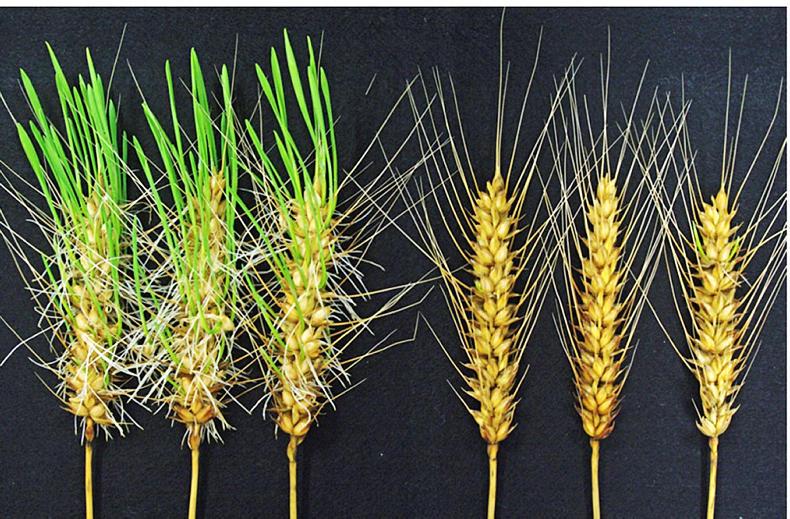
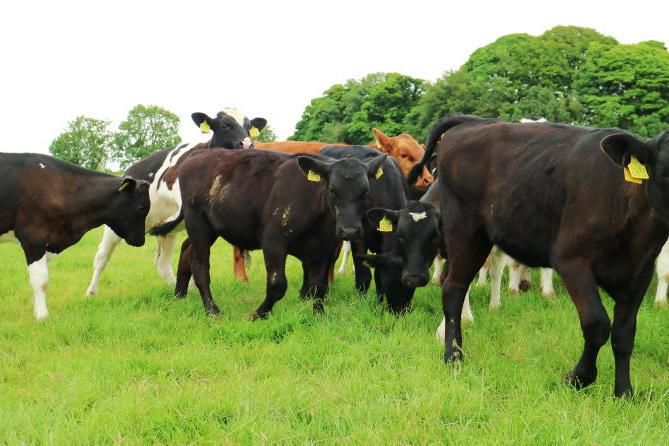
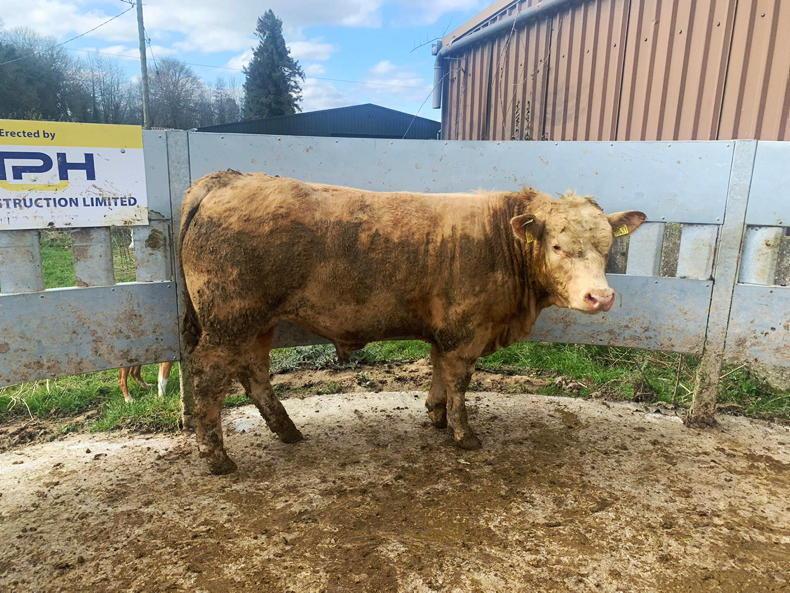
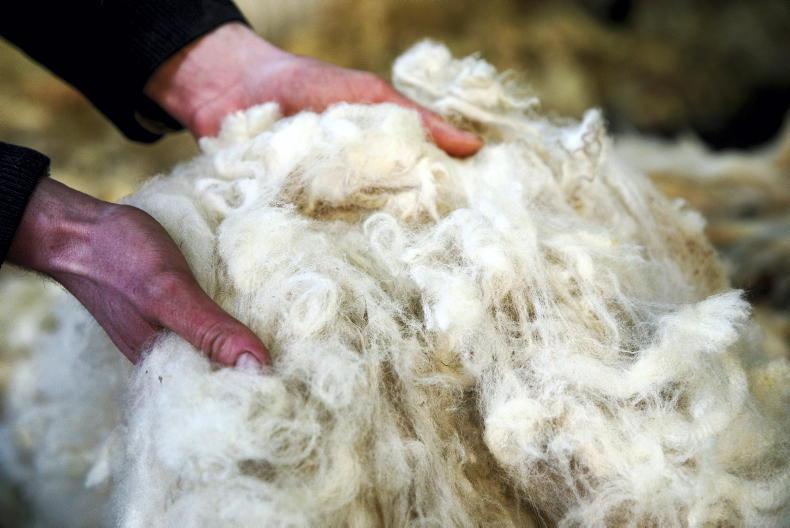
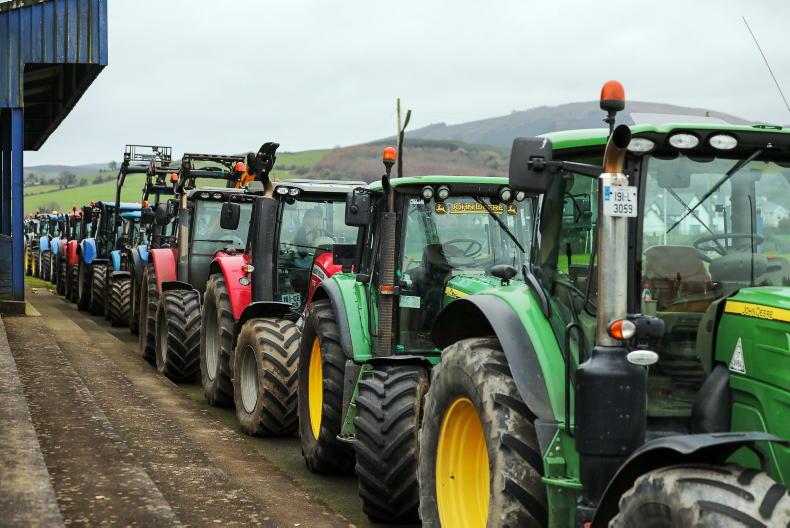
SHARING OPTIONS